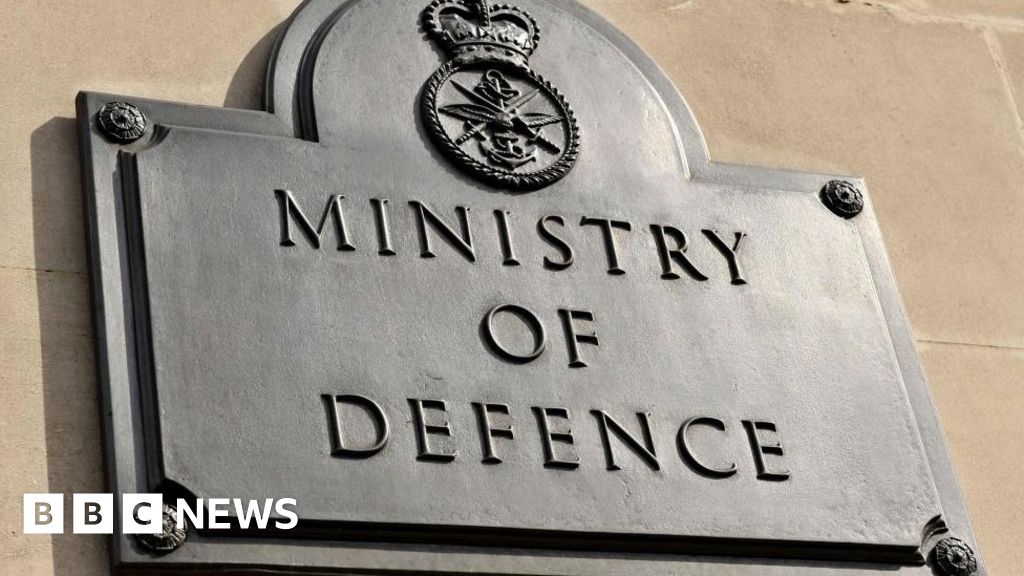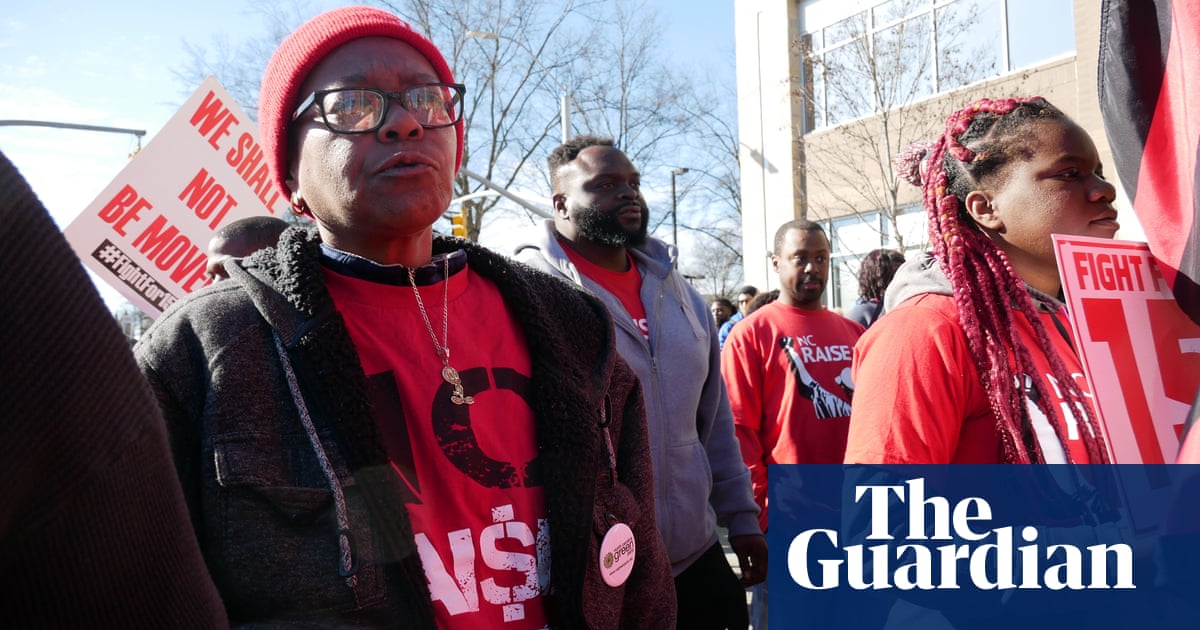
How America Lost Sleep
Many Americans are reporting that they’d feel better if they slept more, but finding the right remedy isn’t always simple.
This is an edition of The Atlantic Daily, a newsletter that guides you through the biggest stories of the day, helps you discover new ideas, and recommends the best in culture. Sign up for it here.
Over the past decade, sleep has become better understood as a core part of wellness. But the stressors of modern life mean that Americans are getting less of it.
In the 1980s, when Rafael Pelayo was a young medical student setting out in the field of sleep research, people thought he was wasting his time. At that point, our culture was not so obsessed with the subject of rest. Now, he told me, people acknowledge that he was onto something—and insomniacs circle him “like sharks to blood” when they hear what he does for a living. Pelayo, a clinical professor at the Stanford Sleep Medicine Center, says that the “tide is changing” in how society values sleep. Over the past decade, how, and how much, we sleep has become a major health and wellness concern.
It’s a subject on Americans’ minds: Late last year, for the first time since Gallup began asking the question in 2001, a majority of surveyed American adults said they would feel better if they slept more; 57 percent of people surveyed said that they need to get more sleep, up from 43 percent in 2013, when the data were last gathered.


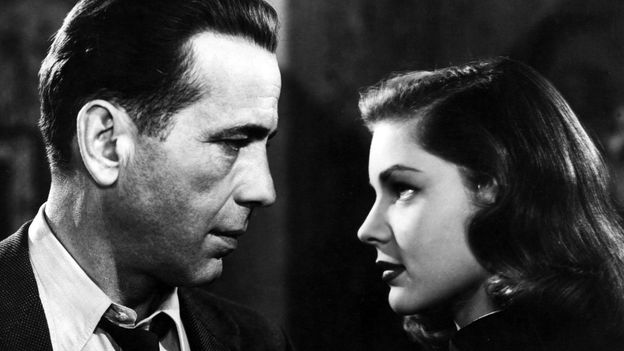
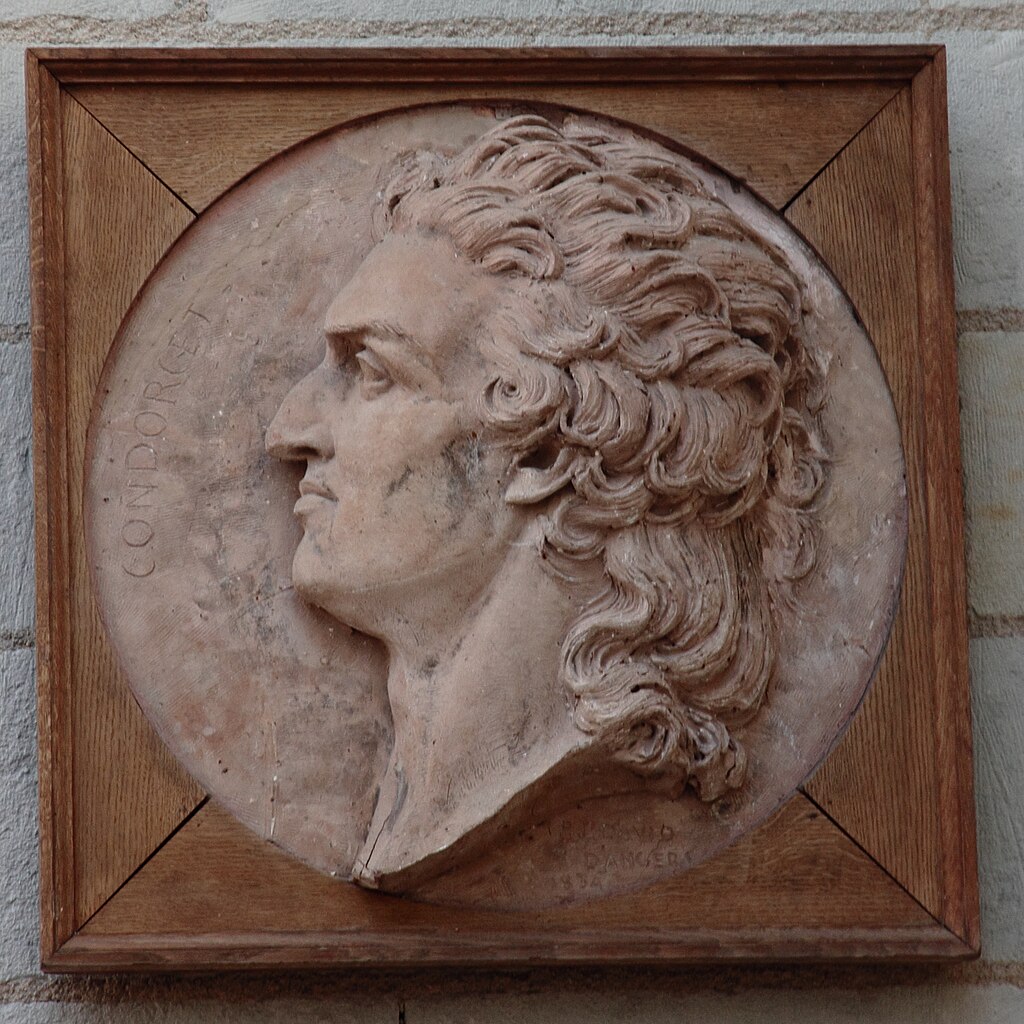
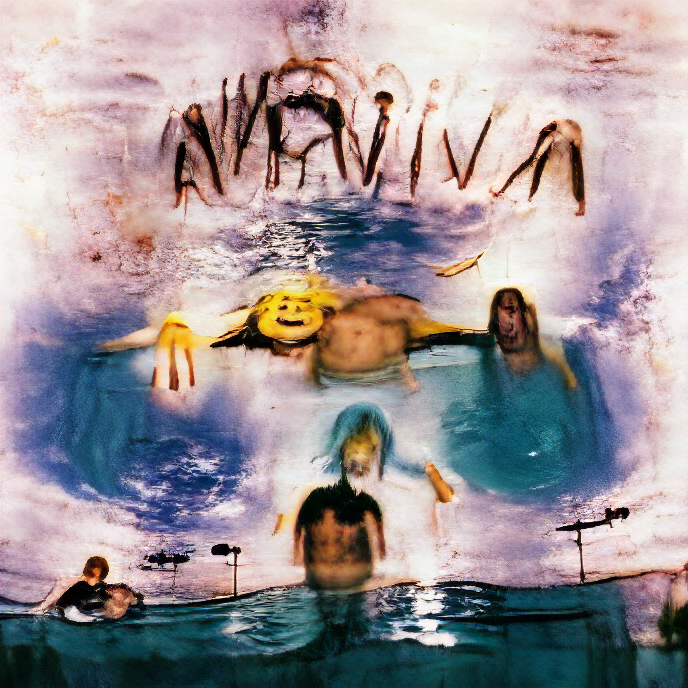





/cdn.vox-cdn.com/uploads/chorus_asset/file/24390406/STK149_AI_03.jpg)



